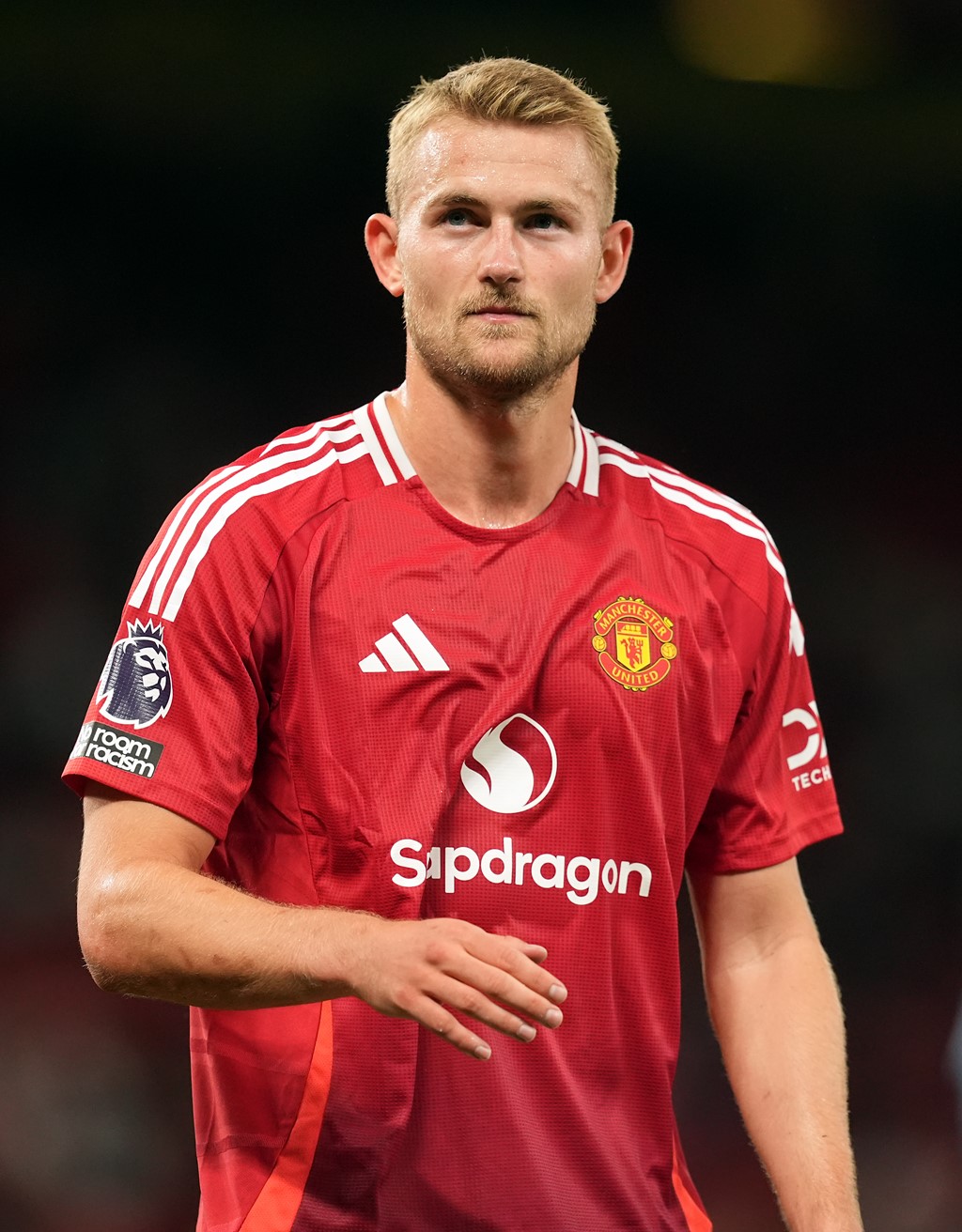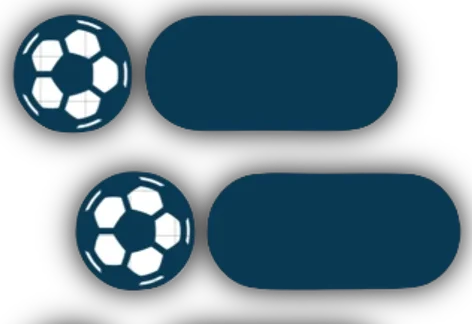
In the world of football, every match is a chance for players to shine or stumble. Recently, all eyes were on Matthijs De Ligt as he faced intense scrutiny during two crucial games with the Netherlands national team. After an underwhelming performance against Bosnia and Herzegovina, his misstep in the game against Germany raised eyebrows and concerns alike. Netherlands boss Ronald Koeman made a bold decision at halftime that stirred conversation among fans and pundits alike: he pulled De Ligt from the pitch to protect him. What does this mean for the young defender's future? Let’s dive into what unfolded on that fateful night and explore how pressure can shape even the brightest talents in football.
Matthijs De Ligt's outing against Bosnia and Herzegovina was far from his best. The young defender struggled to maintain composure under pressure. His usual authoritative presence felt muted, impacting the team's overall stability.
He faced significant challenges, especially in distribution. Several misplaced passes caused frustration among teammates and fans alike. That lack of precision highlighted a troubling trend that seemed to follow him throughout the match.
Defensively, he made some solid tackles but failed to read the game effectively at times. This inconsistency drew criticism as it contributed to a shaky defensive line.
Despite glimpses of his potential, this performance raised concerns about confidence levels affecting his gameplay. It was evident that De Ligt needed time to regain his form and adapt once more to high-stakes football after such an unsettling display.
Matthijs De Ligt’s misplaced pass against Germany was a turning point in the match. What seemed like an innocuous moment quickly unraveled for the Netherlands. That single error opened the door for Germany to equalize, shifting momentum dramatically.
Fans watched in disbelief as a young talent grappled with pressure on such a significant stage. The weight of expectation can be overwhelming, particularly when mistakes lead to goals for opponents.
As De Ligt trudged off at half-time, it became clear that his confidence had taken a hit. Such moments leave scars, especially when magnified by media scrutiny and fan reactions.
The stakes are high in international football; one misstep can define careers and alter trajectories. For De Ligt, this experience serves as both a challenge and an opportunity to learn resilience amidst adversity.
Ronald Koeman’s decision to substitute Matthijs De Ligt at half-time was a pivotal moment in the match against Germany. The stakes were high, and the pressure mounted as De Ligt struggled on the pitch.
Removing him wasn’t just a tactical move; it seemed more about safeguarding his confidence. Koeman recognized that De Ligt had been under immense scrutiny following recent performances.
A young defender with boundless potential, he needed support rather than criticism in such challenging times. By taking him off, Koeman aimed to shield him from further mistakes that could compound his struggles.
This choice highlighted a coach's responsibility to nurture talent while balancing team performance. Often, decisions like this go beyond mere strategy—they become about preserving mental fortitude for future challenges ahead.
Ronald Koeman's comments about Matthijs De Ligt reveal a thoughtful approach to player management. He recognizes the challenges young athletes face under immense pressure, especially in high-stakes matches.
Koeman highlighted that De Ligt is currently navigating a rough patch. Mistakes can happen to anyone, but they seem magnified for him at this moment. By removing him from the game against Germany, Koeman aimed not just to shield his defender from further scrutiny but also to preserve his confidence.
It's clear Koeman believes in giving players opportunities despite setbacks. Trusting young talent is essential for their development. By offering chances and support, he fosters an environment where players can learn and grow without fear of failure weighing them down excessively. This kind of backing could help De Ligt bounce back stronger than before.
Young players in high-profile teams often find themselves under a magnifying glass. The expectations are immense, and the pressure can be overwhelming.
Every mistake is analyzed, criticized, and replayed on countless platforms. A single misplaced pass or poor performance can lead to intense scrutiny from fans and the media alike.
For these athletes, balancing personal development with public perception becomes a tightrope walk. They must navigate their careers while facing relentless questions about their abilities and future prospects.
The psychological impact of this environment shouldn't be underestimated. Young talents like Matthijs De Ligt face not just physical challenges but mental ones too.
Resilience is key as they learn to cope with both praise and criticism. Support from coaches, teammates, and family plays an essential role in helping them thrive amidst the chaos of high-stakes football.
The situation surrounding Matthijs De Ligt highlights the intense pressure faced by young players in elite football. As a member of the Netherlands national team and playing for Manchester United, expectations are sky-high. Mistakes can lead to significant consequences, both for the player and their team.
De Ligt's recent performances have shown flashes of brilliance but also moments of vulnerability. His journey is still unfolding, and there’s plenty of time to learn from setbacks. Koeman's choice to protect him during a crucial match demonstrates an understanding that development takes time.
As he navigates this challenging period, support from coaches and teammates will be vital. Fans should remember that every great player has faced adversity at some point in their careers. The future holds promise if De Ligt can harness his talent while overcoming these hurdles.
With continued guidance and resilience, there's no doubt he can return stronger than before, turning potential into reality on the international stage.

